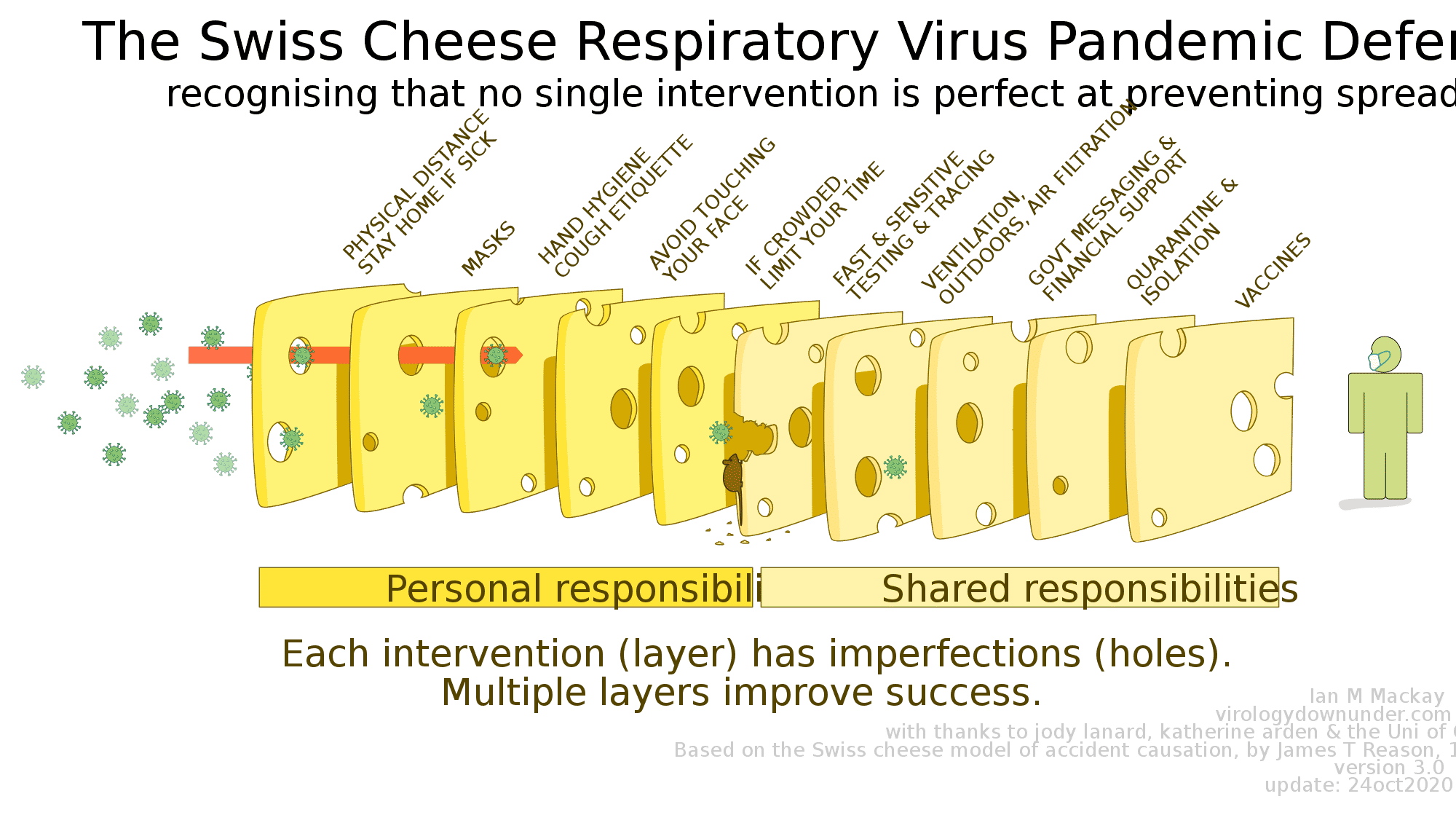There is some doubt as to what a post Covid world will look like even though many say things will be back to a brave new ‘normal’ by the end of 2022.
It is widely known that the pandemic changed consumer behavior and spending habits enormously.
The suspension of regional and international travel, for instance, directly impacted retail, tourism and hospitality sectors across the globe.
This led to a rise in online shopping and entertainment platforms and is likely to create long-term effects on retail markets and eventually real estate.
However, the market remains in flux and has already changed irrevocably due to shifted consumer habits (and now the Ukraine war will play a role).
How this will affect real estate in any significant way post 2022 is yet to be seen, but aspects of building design and transport are likely to change as a result.
The progress made since the World Health Organization’s declaration of COVID-19 as a Public Health Emergency of International Concern is impressive.
A combination of genome sequencing, scientific investigation and multiple vaccines means elimination is possible.
However, the next post Covid thing to consider is how the situation can be more controlled in shared indoor spaces like offices and hybrid working.
How much we limit community spread will determine whether viruses like Covid may circulate.
A big challenge will be in logistics, planning and whether equitable access to treatment and care for most vulnerable will be championed.
Brand recovery post Covid
Consider a post Coronavirus brand recovery post 2022 as many expect pandemic effects to be felt for far longer.
In response to Covid-19’s outbreak, companies that demonstrate meaningful CSR (Corporate Social Responsibility) behaviors will bode well.
Some of China’s e-commerce giants made large donations and efforts to contain the virus and initiatives to support local people.
The Sinclair report says that brands need to show compassion, care and address concerns to reassure everyone.
It is not the time to sell; it is a time to support loyal customers.
The link to the full 37 page post Covid paper is here https://cutt.ly/Ttnl36b .
According to McKinsey:
“… COVID-19 changed how we live and work in ways that will alter our behavior long after the pandemic subsides.
Companies moved rapidly to deploy technologies, dramatically accelerating trends that were unfolding at a much slower pace before the crisis.
Work went remote, shopping, entertainment, and medicine went online.
Businesses everywhere scrambled to deploy digital systems to accommodate the shifts.
These changes in consumer behavior and business models will persist in advanced economies after the pandemic recedes, although perhaps not with the same intensity as during the crisis.
They promise big benefits in terms of higher productivity, efficiency, and innovation—but also could lead to an uneven economic recovery, with rising inequality among workers, contrasting outcomes for consumers depending on their age and income levels, and a growing gulf between outperforming companies and the rest—unless business leaders and policy makers take action to mitigate these unwanted effects.
Recent McKinsey Global Institute reports offer perspectives on how the pandemic may reshape future work, consumer behavior, and productivity.
The research focuses primarily on changes we have observed in advanced economies in Europe and North America.
In Asia, where countries controlled COVID-19 more rapidly and effectively, the behavioral changes are less pronounced.
The actions we take today could create a virtuous cycle of job growth, rising consumption, and productivity growth.
Lessons from past recessions reveal that this is not only possible but routinely occurred in many post-war recessions.
Failure to act is likely to deliver a tepid, two-speed recovery like we saw after the 2008 financial crisis”.
Where to now?
It will be up to us as individuals, government leaders and as a global society to determine what state may become.
A BBC report by Simon Mair (31/03/2020) discusses a post Covid world.





